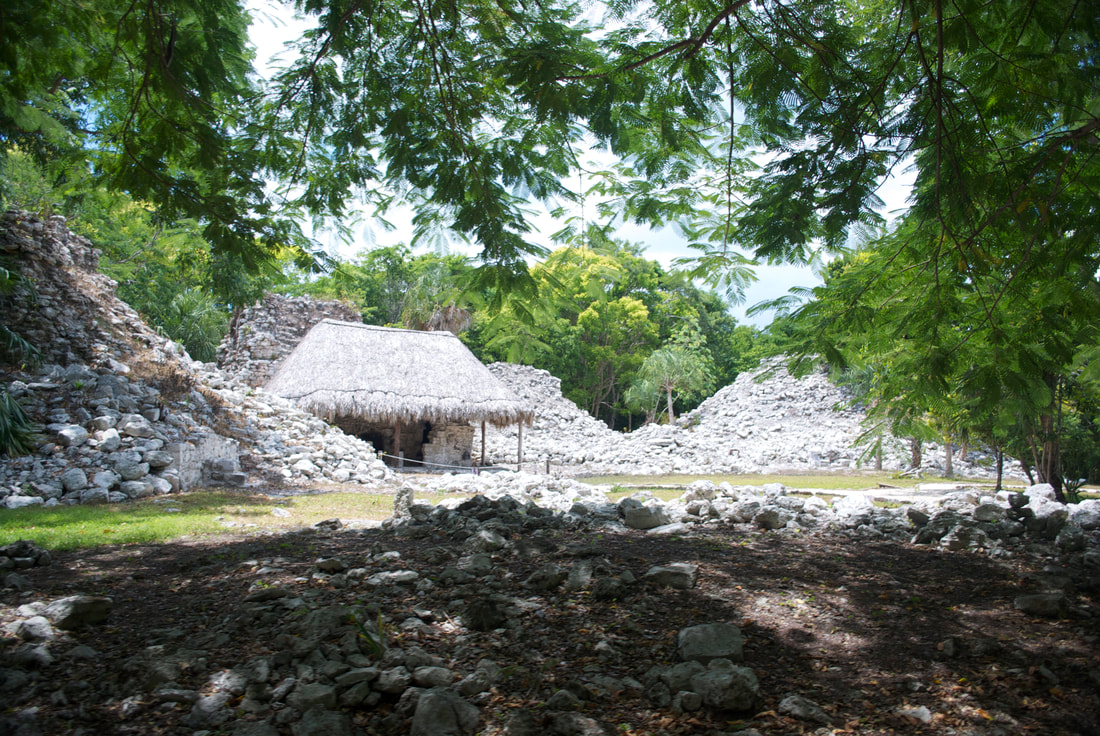|
READER QUESTION: Hello, I have been reading several of your posts, I was wondering if most of the information is also relevant for Canadians looking to relocate to Cabo/Baja area. Obviously there will be differences in taxation but as for as the processes to work and live in Mexico, is it similar? Most the information on your blog is American-based. Thank you. ~Sean Manny's Answer: Hi Sean! The information on our blog is mainly based on U.S. expats, because that's what we are, and we are basically talking about our own experiences. But we've met LOTS of Canadian expats in Mexico, as well as Canadian "snowbirds" that only come down to visit to escape the harsh northern winters and then return home.
Many of them are either retirees or digital nomads who work online and can basically roam around and live anywhere. There are also a lot of French, Spanish, and German transplants in Mexico, (from our experience, more in the Mayan Riviera and the state of Quintana Roo than in Baja California Sur, but I think that's more due to simple geography than anything else. Californians and Texans can easily drive down the Baja Peninsula with their cars and it's less than a day's drive to get down to Baja and start enjoying great beaches and a cheaper standard of living. I don't know anything about Canadian taxation but my understanding is that the residency process for Canadians is the same as for Americans who wish to obtain Mexican residency. You just have to prove that you are solvent (basically) and produce 3 months of bank statements showing that you can support yourself, which is why so many retirees come down to Baja and live very comfortably on their Social Security checks. A good Mexican immigration attorney can answer all these questions for you and they are typically much cheaper than any US or Canadian attorney. We have met countless people who do this, including Mexican nationals who have dual U.S./Mexican Citizenship. Even a very small Social Security check (or other retirement, such as a military pension or other pension) is usually a LOT more than most Mexicans earn per month. For example, in Mexico, a schoolteacher typically makes around (the equivalent) of $11,000 U.S. dollars. That is less than $1,000 US dollars per month! And that is considered a good and stable job in Mexico. American and Canadian dollars stretch further down here, as you can imagine. That's even taking into account the fact that the peso is currently very weak against the U.S. dollar. Now is a great time to buy land or other property in Mexico, because it is considered dirt cheap. We have purchased two plots of land and we are looking to purchase vacation property, as well (just haven't decided if we should go with Ixtapa or Tulum, or Playa Del Carmen!) There are so many beautiful coastal cities that it's really hard to decide. Our advice, as always, is to come down with an open mind and really just enjoy yourself. DON'T spend your time at all-inclusive resorts or hotels. Get a place off the beaten path (there are tons on Airbnb) and just walk around and see how the locals live. That will tell you if Mexico really is for you. Be FREE! EXPATRIATE! Here's a Handy List of Public Holidays in Mexico January
February
March
May
September
October
November
December
We hope this listing is useful to you! Enjoy all our Mexican travel books on Kindle Unlimited!
|
No website or company has paid a fee to be mentioned in this blog. Any suggestions you see are based solely on our own experiences and personal preferences.
About UsJust a middle-class family with three young kids, looking to escape the rat race. This is our journey! If you have a question for us, please contact us directly using our email here.
Archives
May 2024
|


 RSS Feed
RSS Feed
